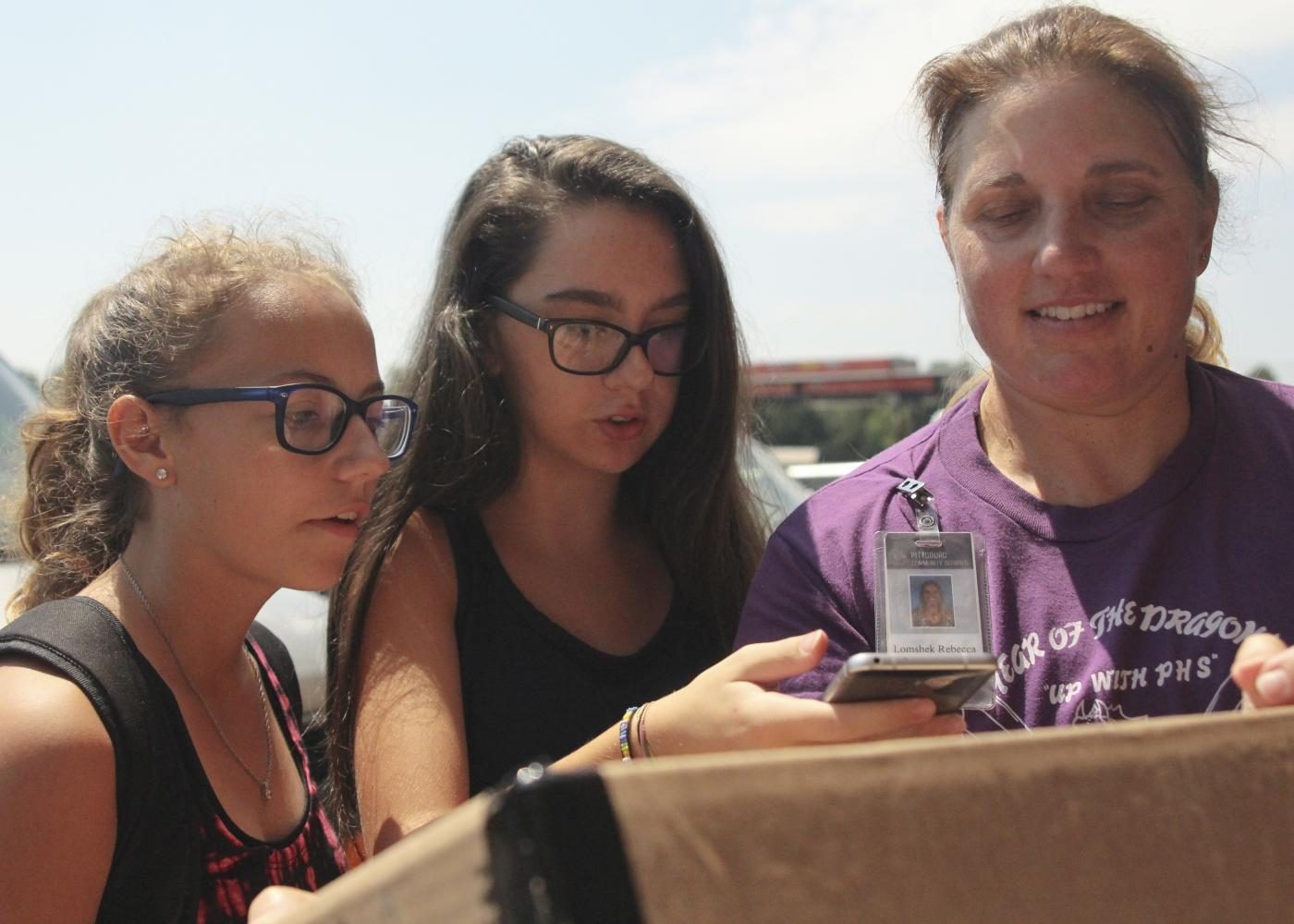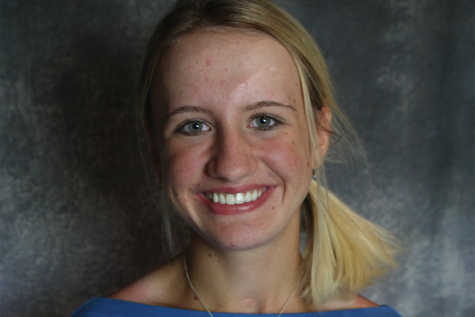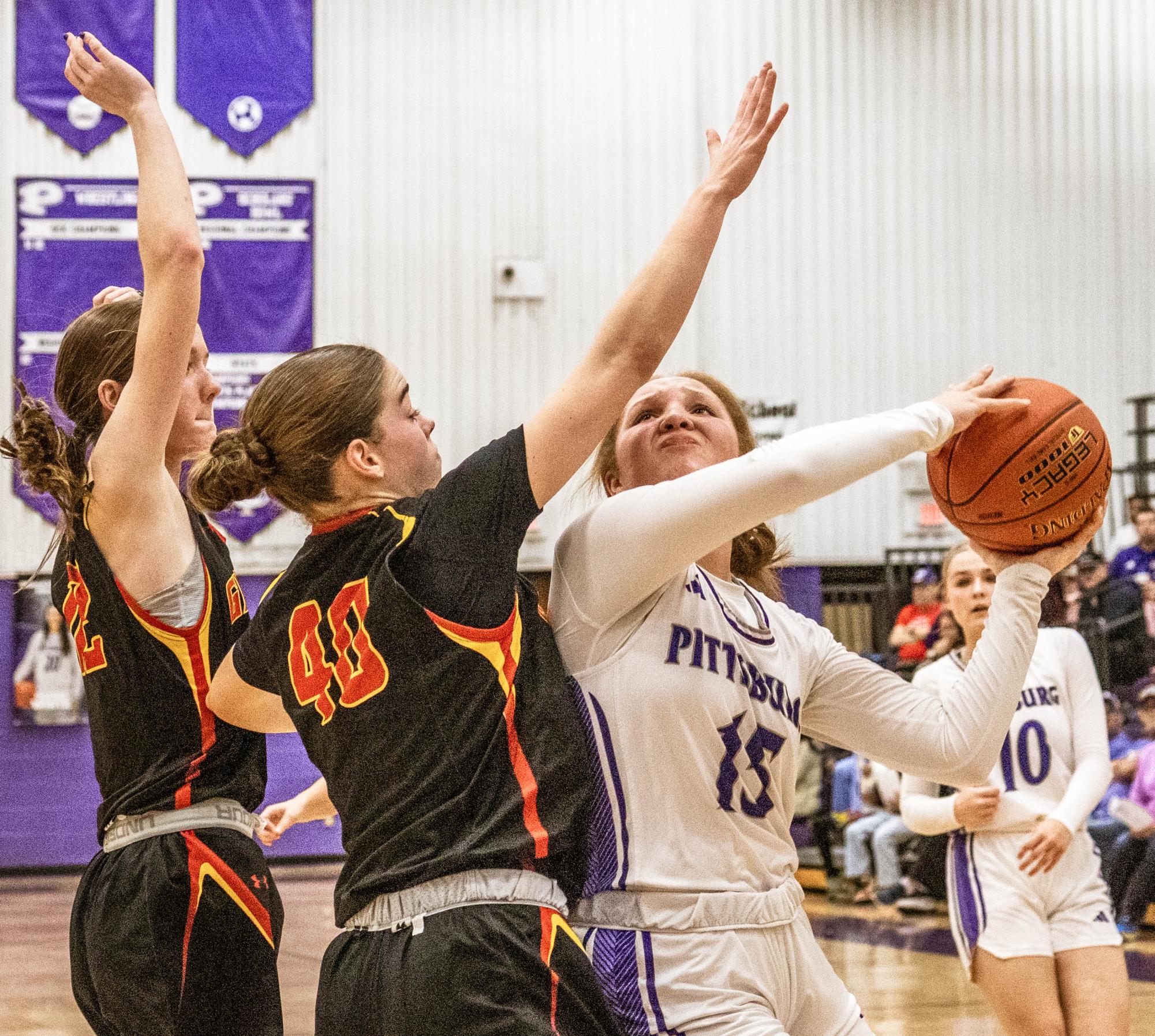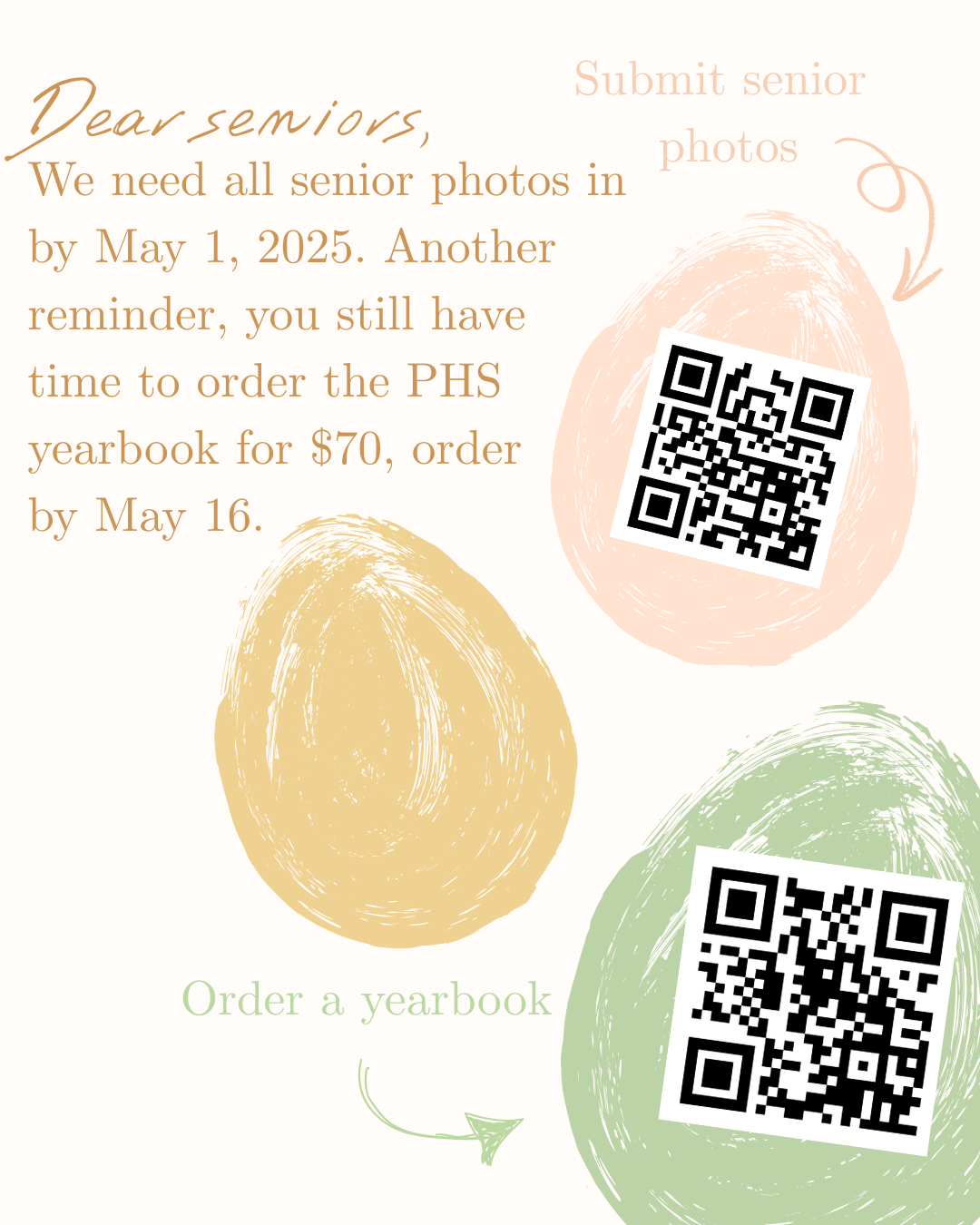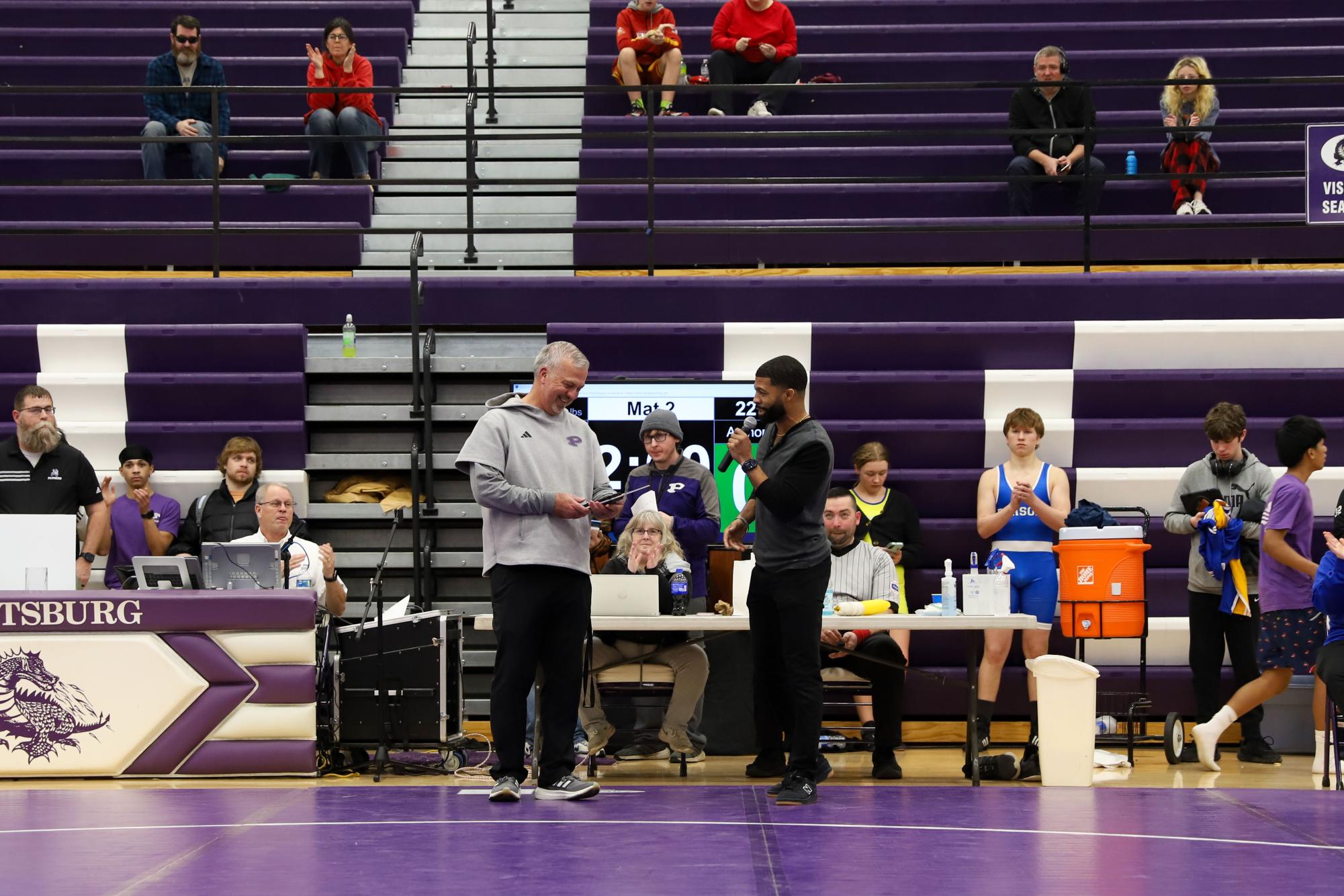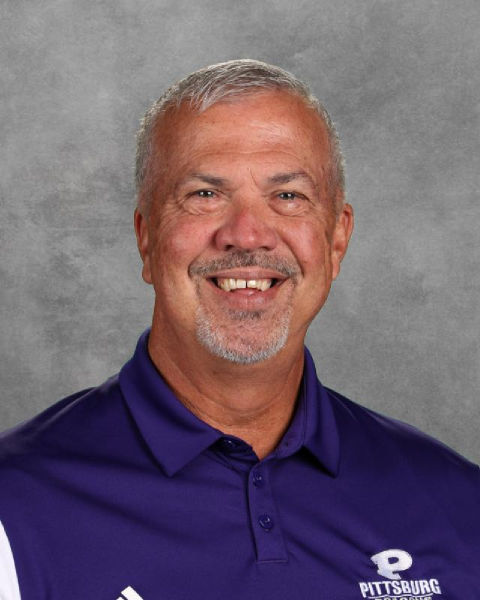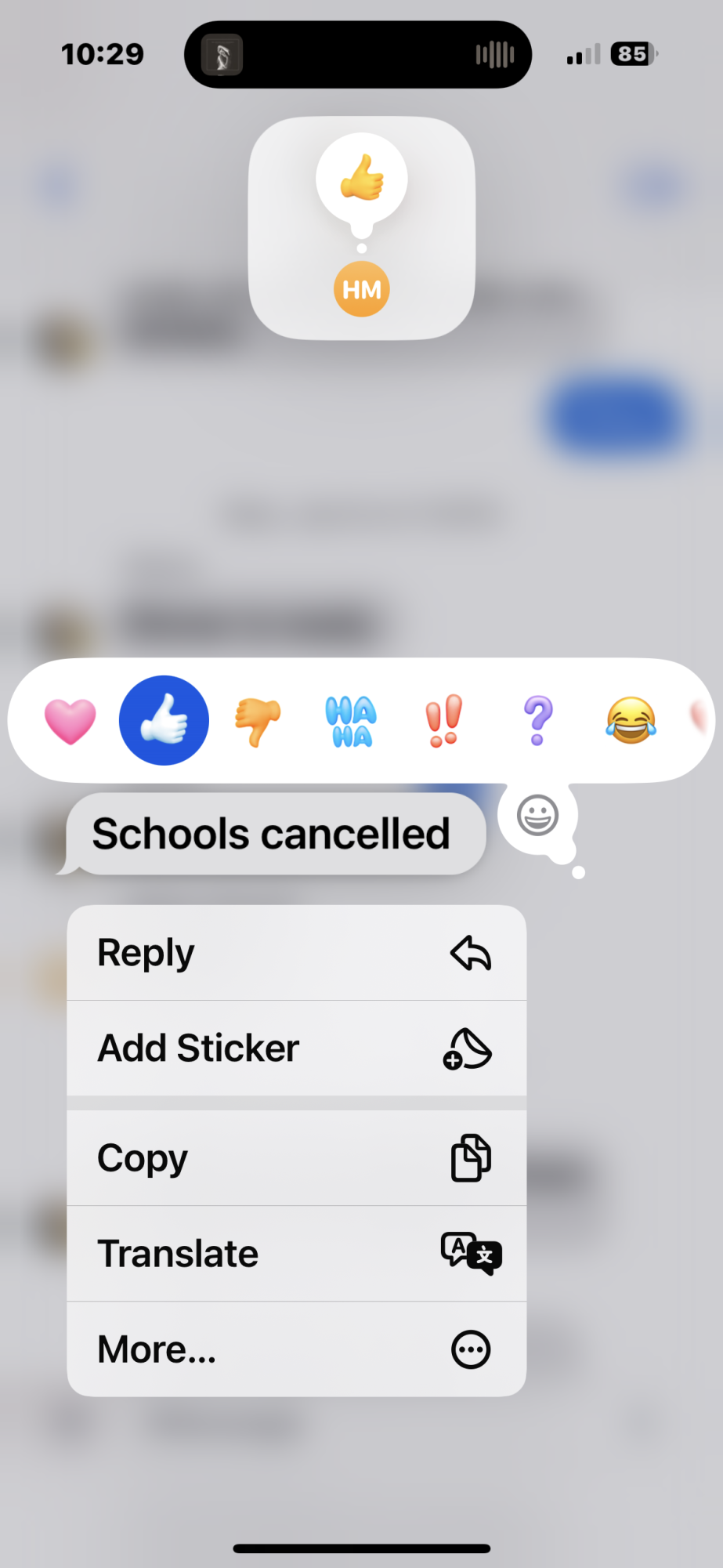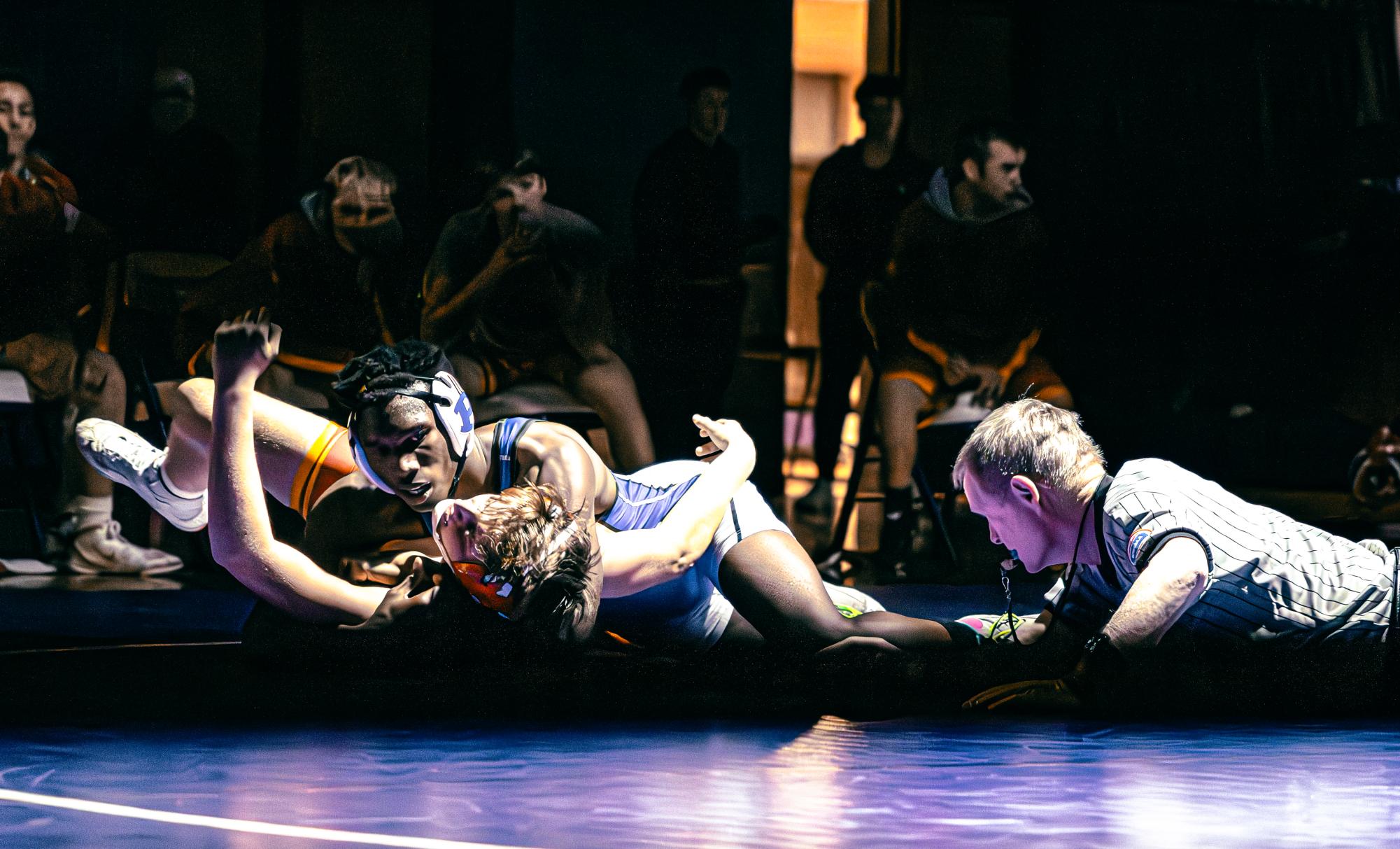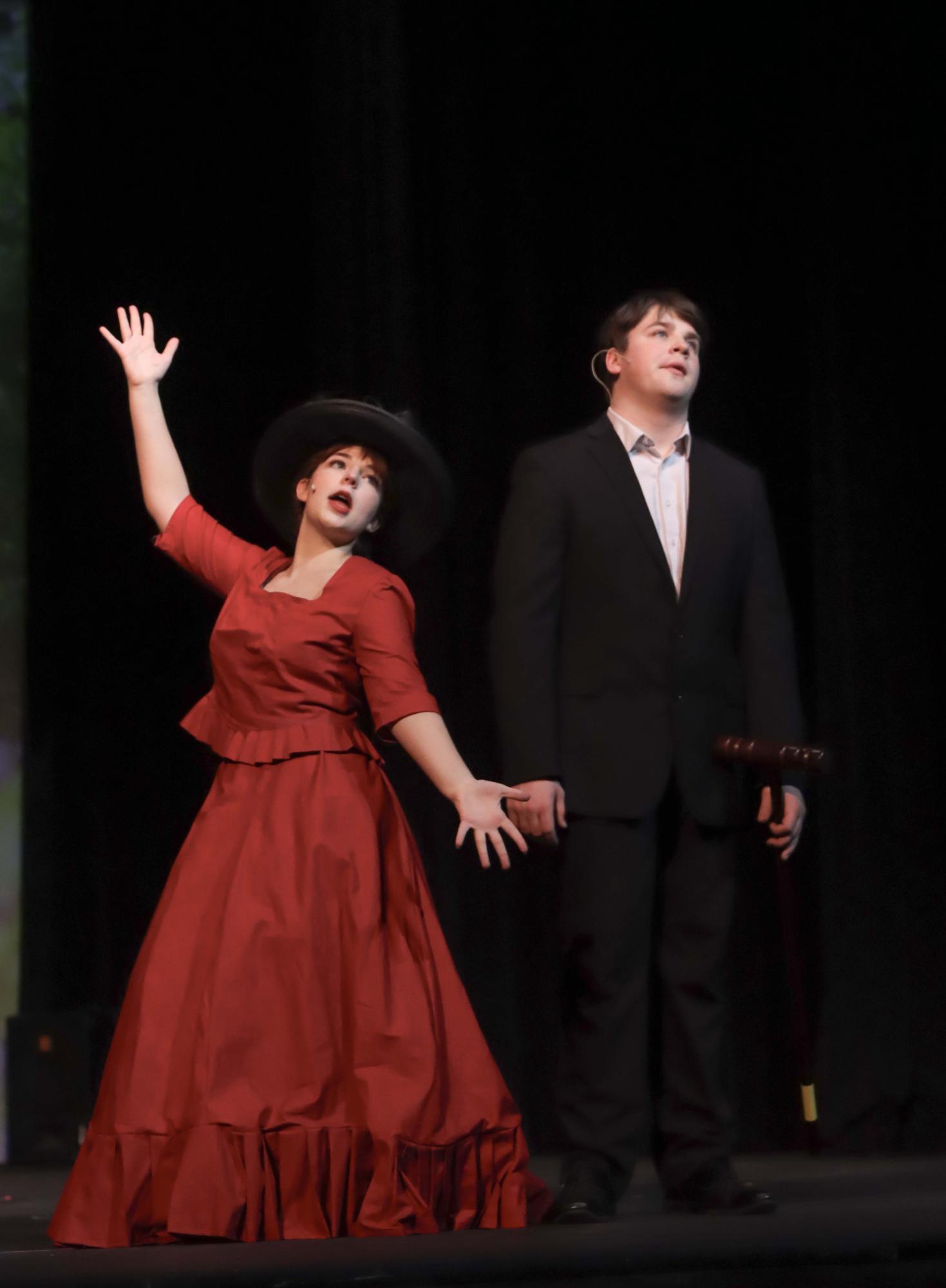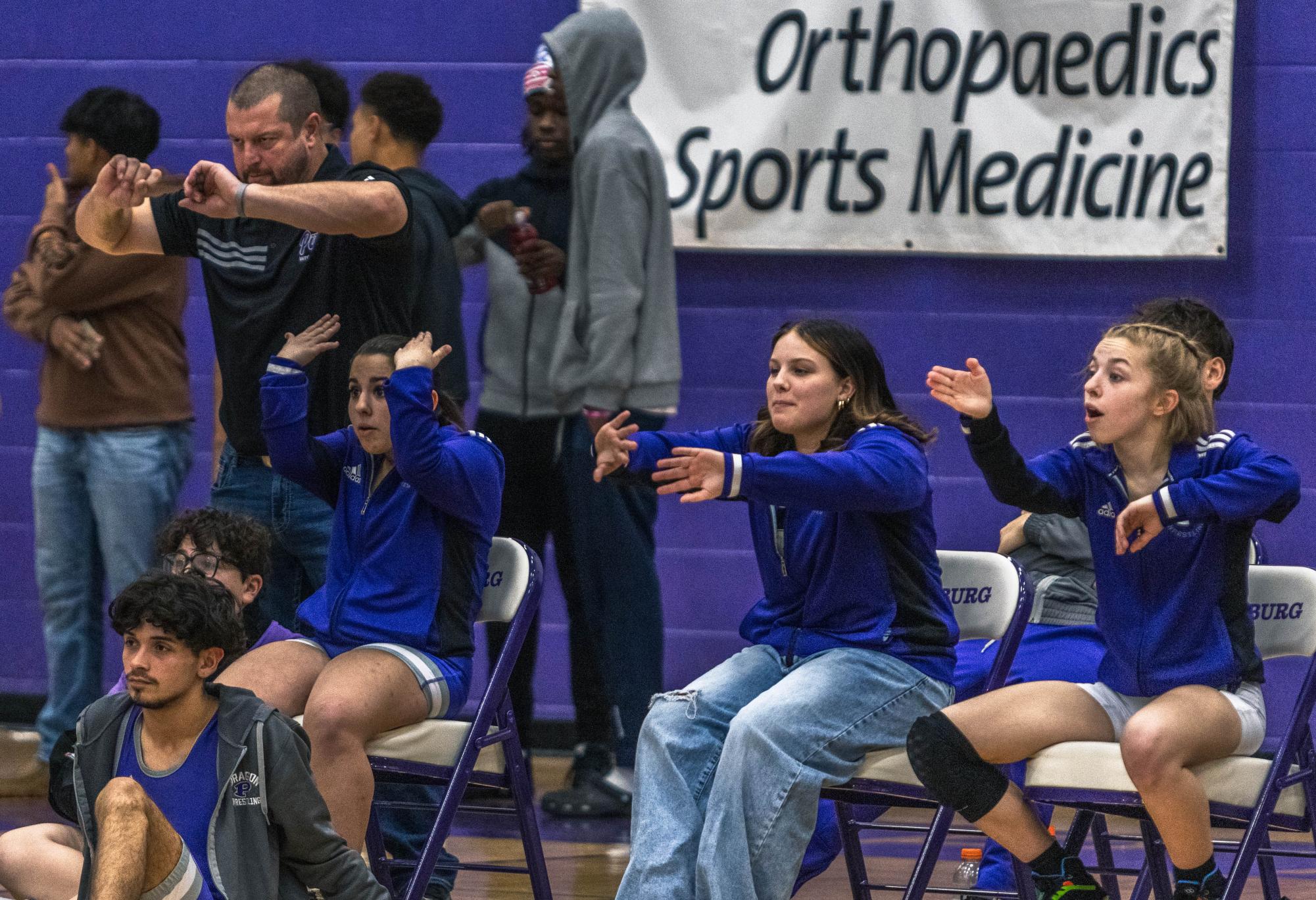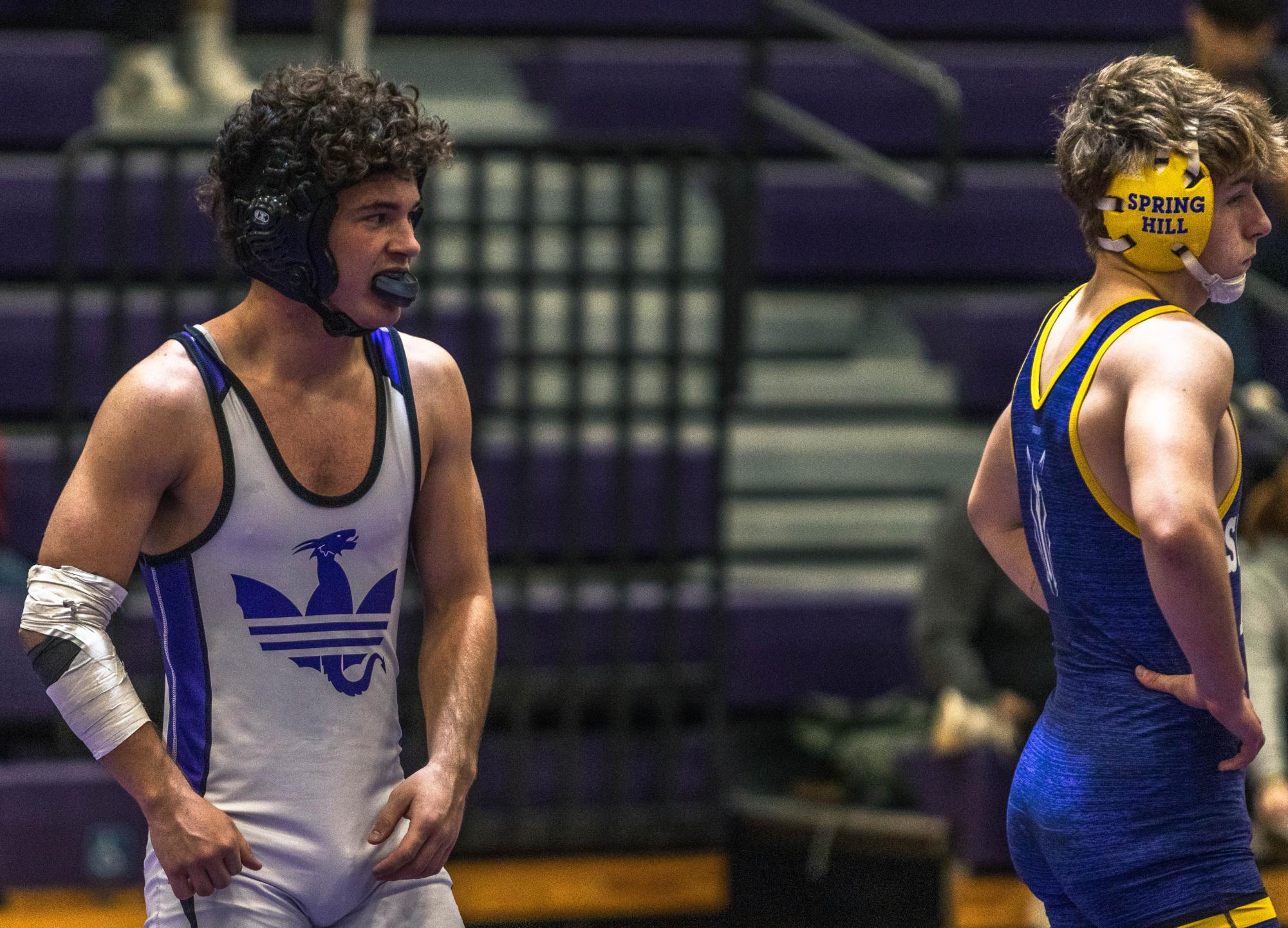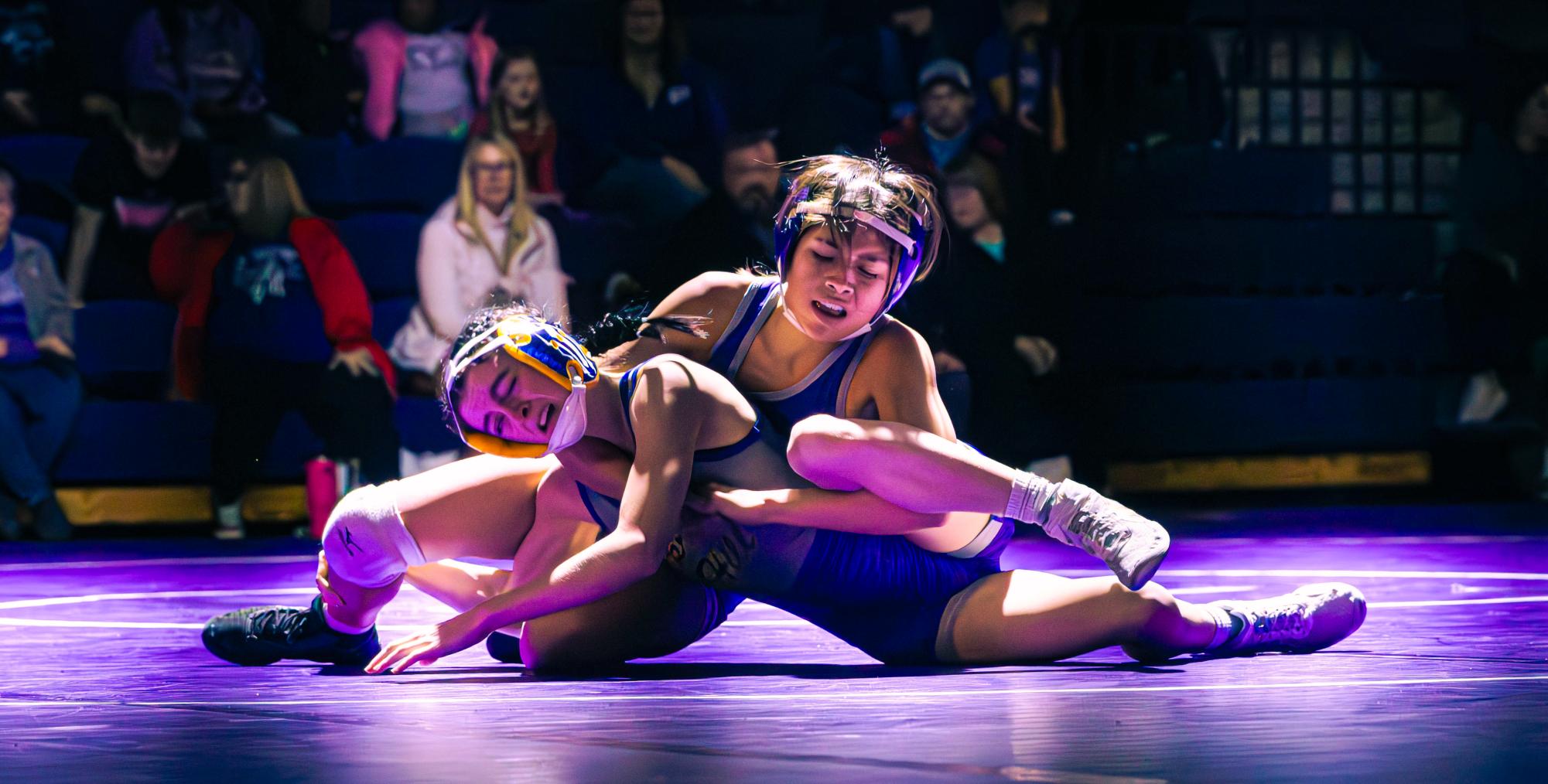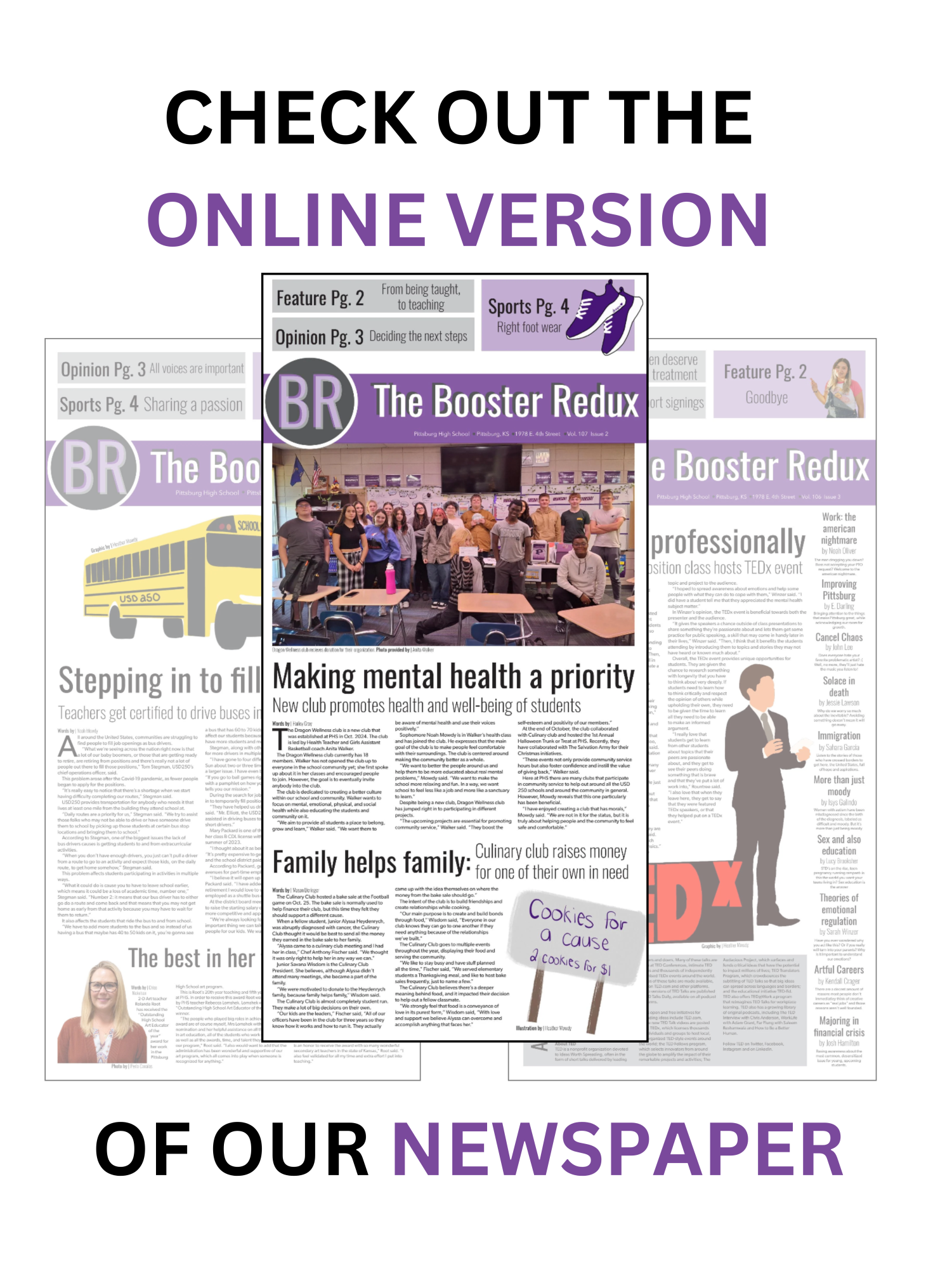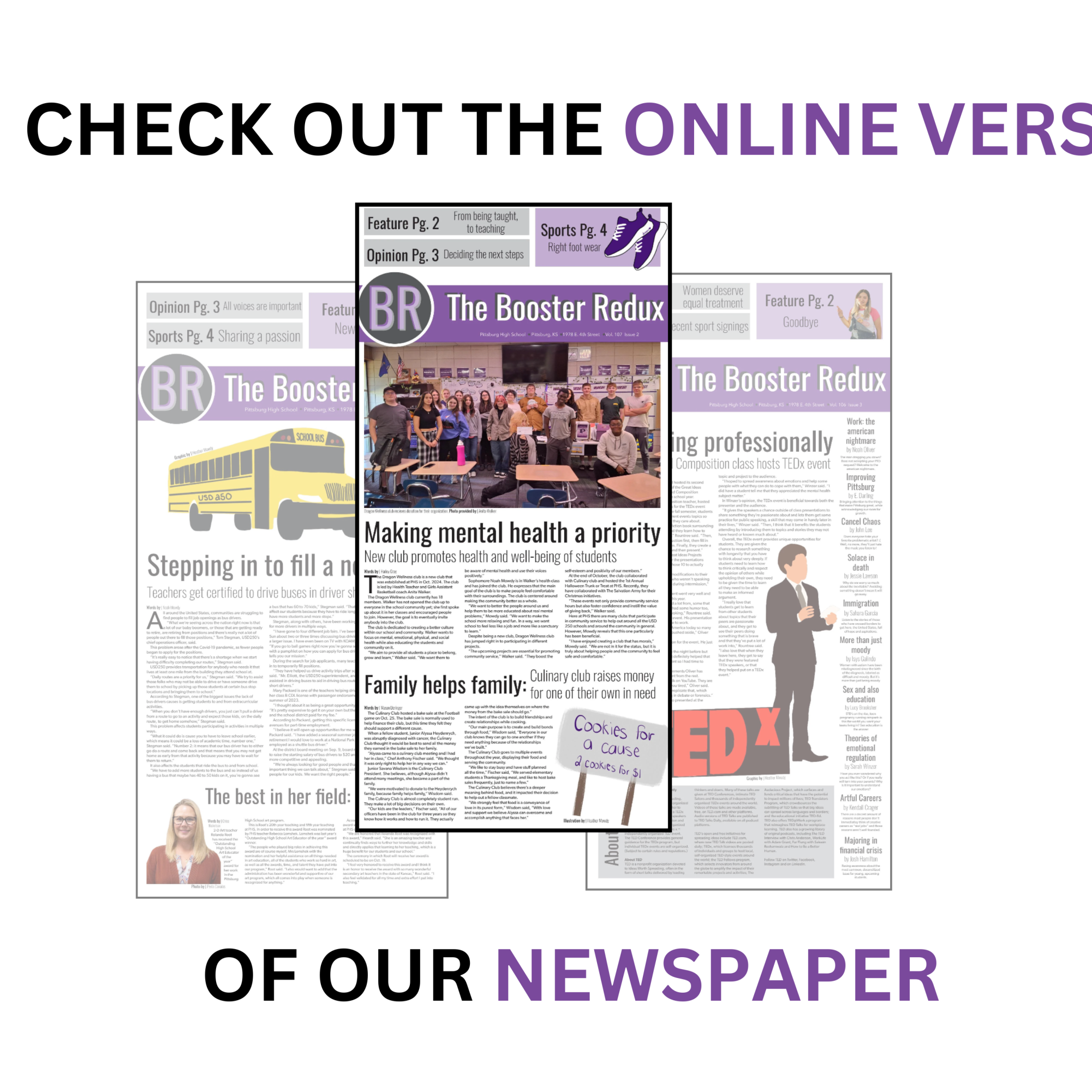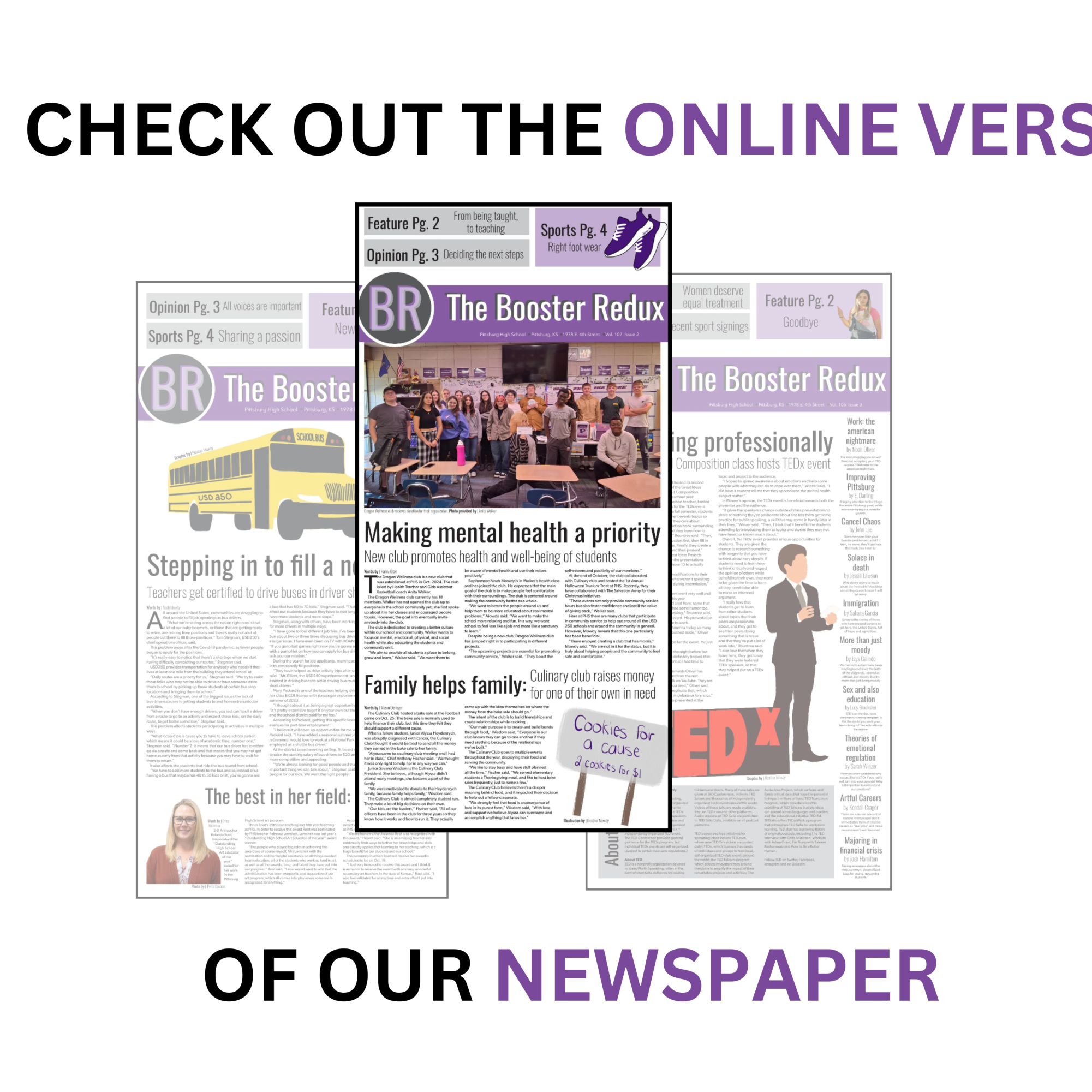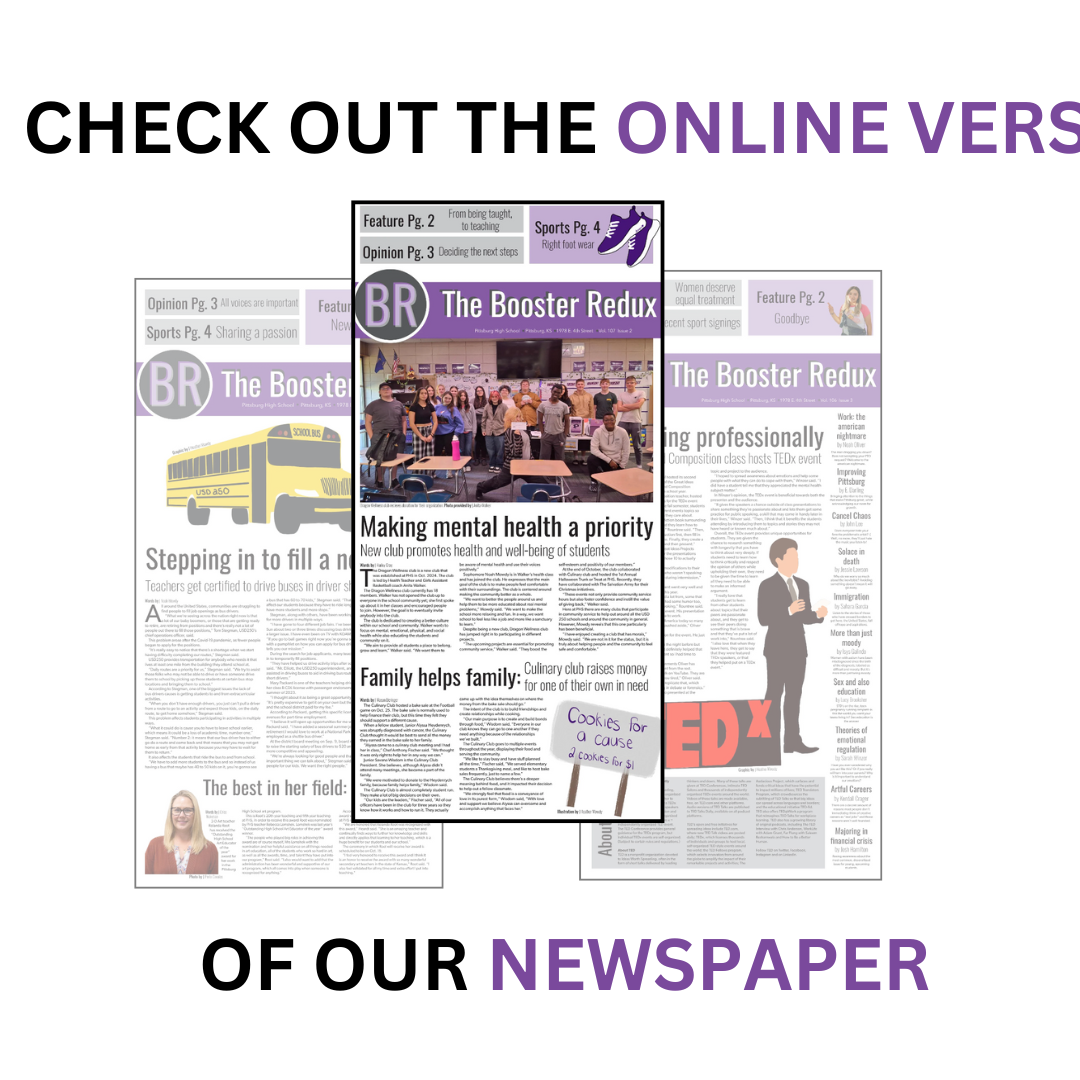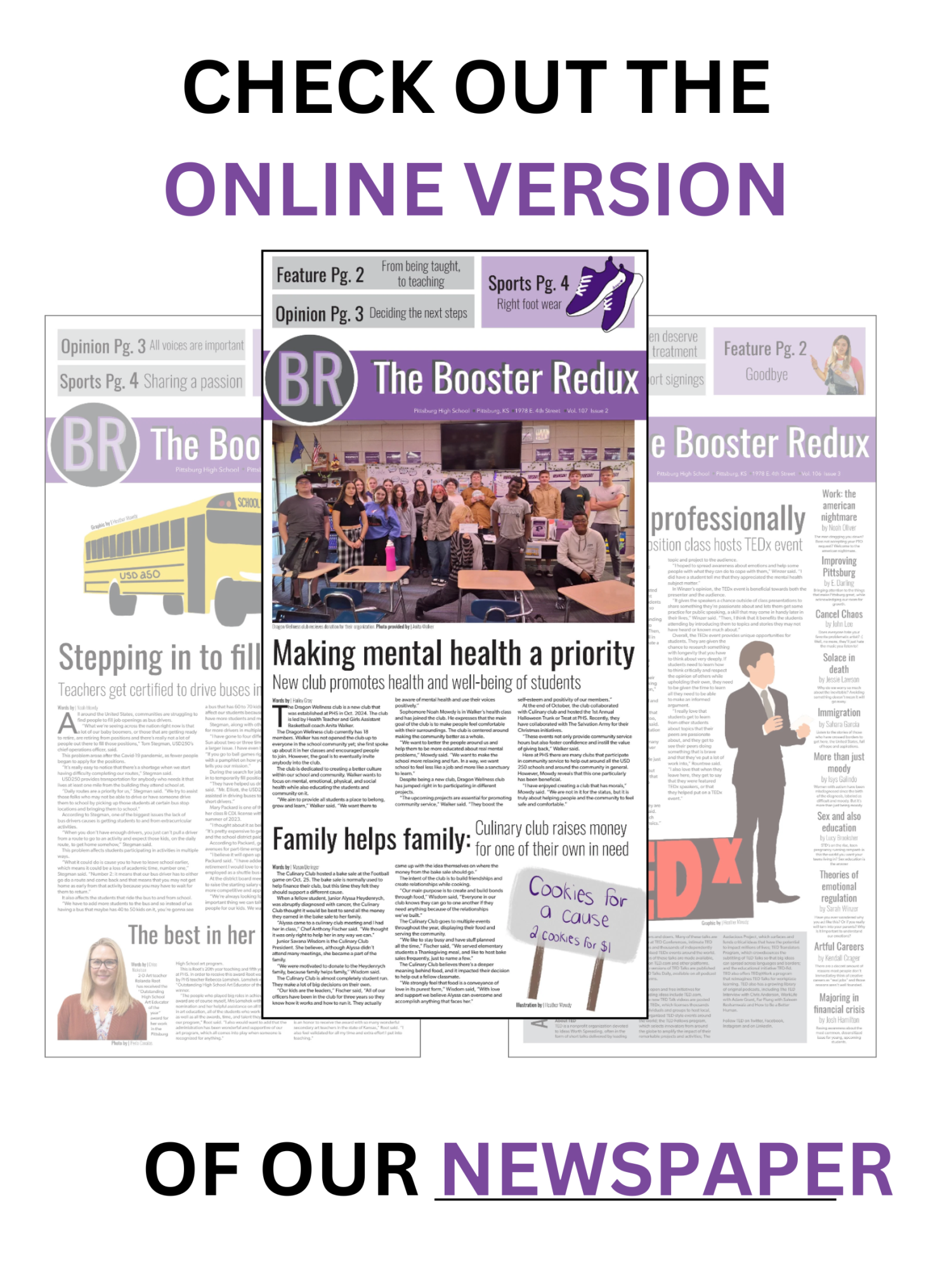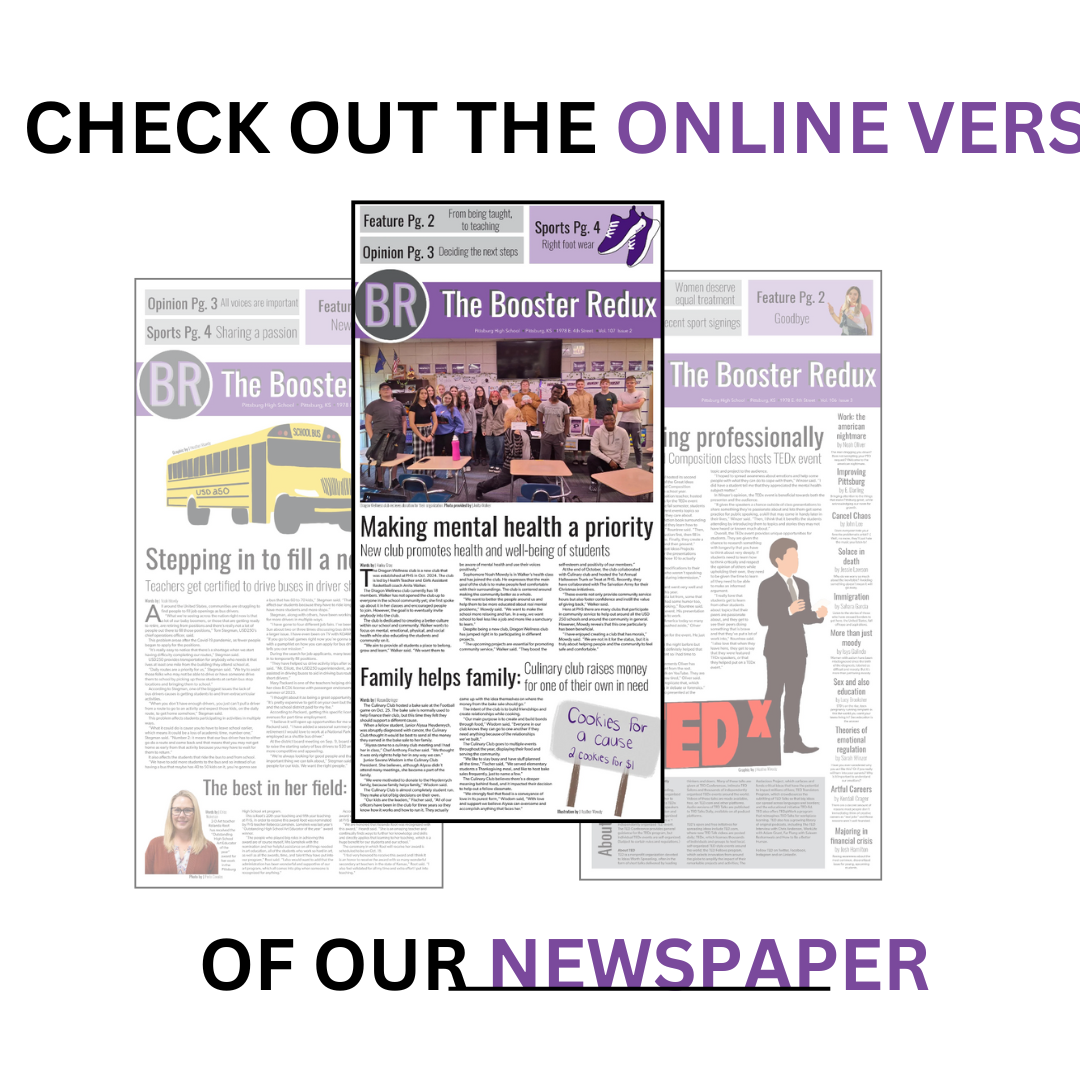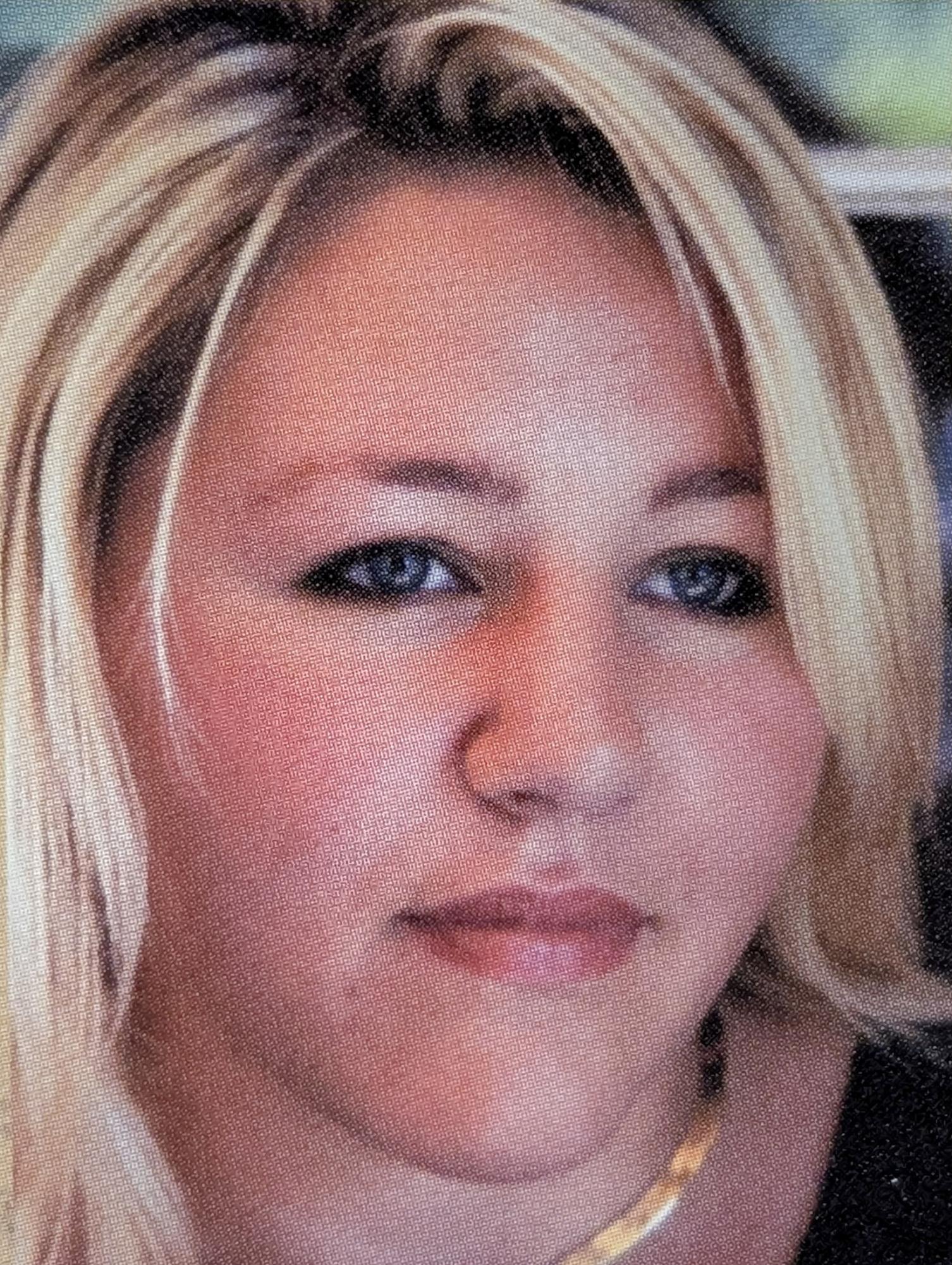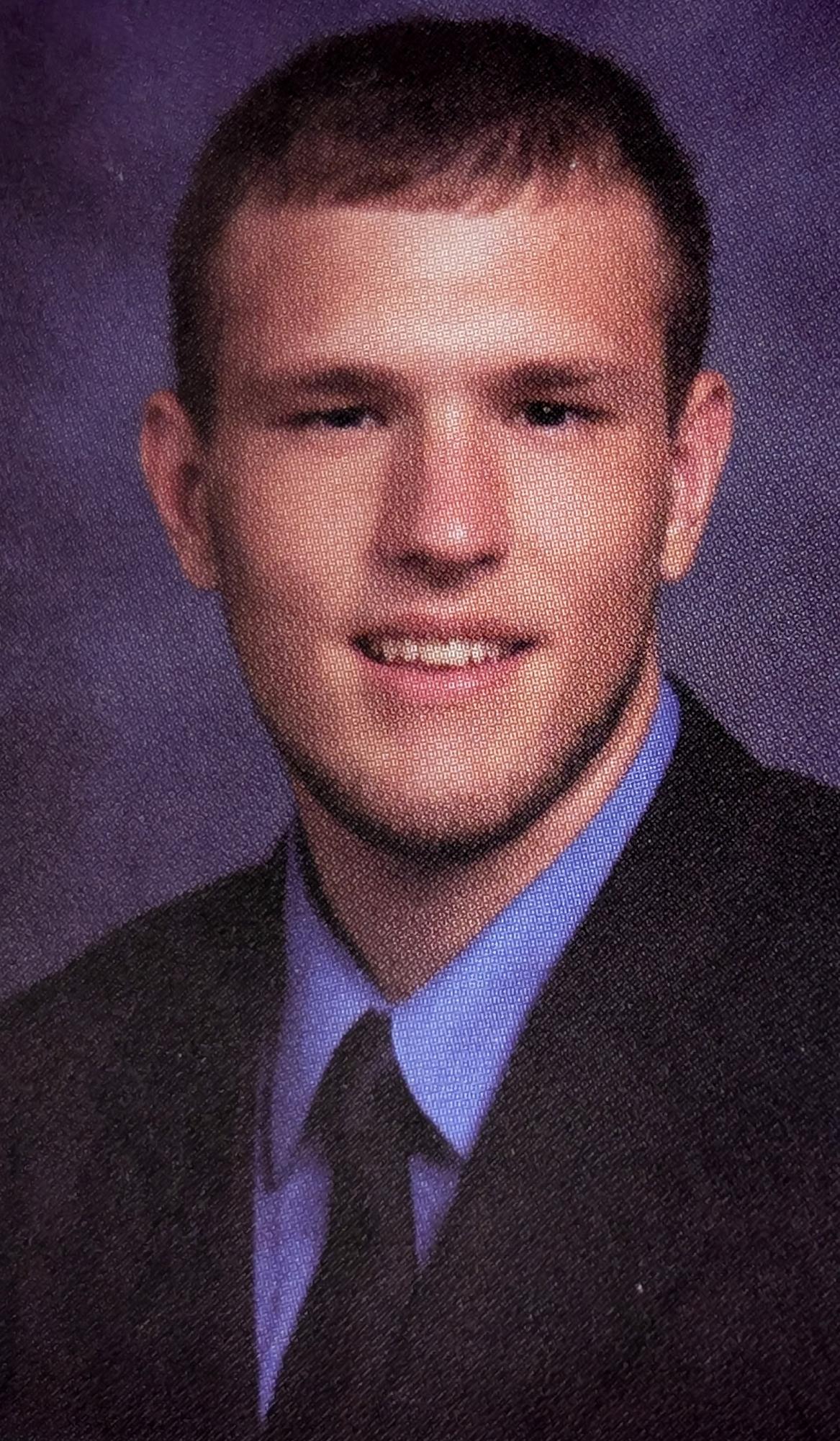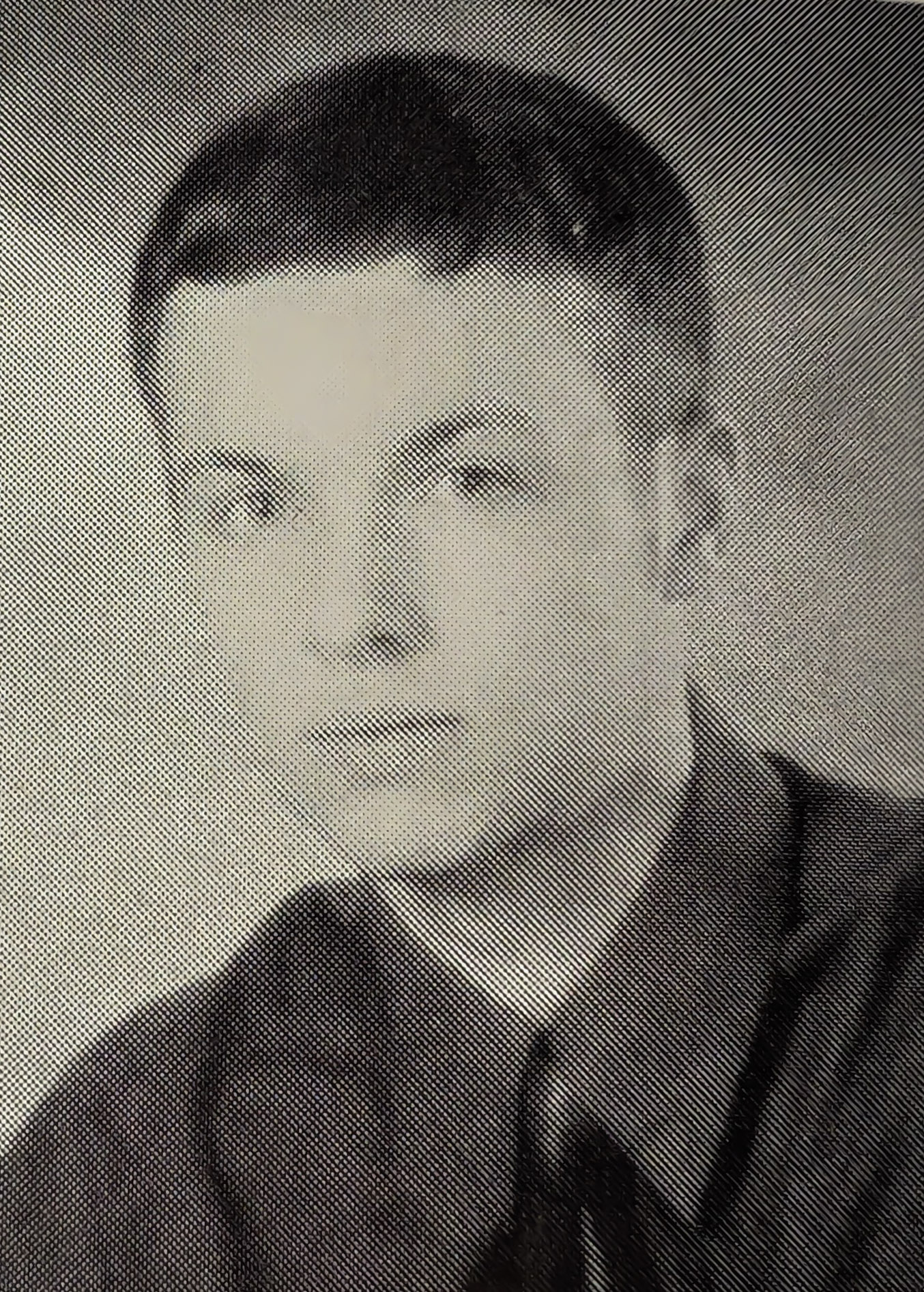Students View Eclipse
Photo by: Savannah Jones
August 28, 2017
Americans across the nation were using their protective glasses to observe the first total solar eclipse crossing the country from the Pacific to Atlantic Ocean since June 8,1918.
Across the district, elementary and middle school students made pinhole projectors out of paper and were provided with glasses.
However, the high school students were not allowed to go outside because administration could not find a manufacturer that would guarantee over 900 ISO-certified pairs for all students to safely view the eclipse.
“I wasn’t willing to put the long-term eye health of our students in jeopardy because [the glasses] may or may not have had the appropriate density,” principal Phil Bressler said.
To accommodate for the eclipse, teachers and administrators made other changes to the school day.
French teacher Chris Colyer still wanted her students to see the eclipse, so she purchased 23 pairs of glasses. Colyer did not have a class period during the eclipse due to schedule adjustments, so she distributed the glasses to staff members, who then gave them to their students.
“I don’t remember getting so excited for [an eclipse] before,” Colyer said. “It’s a once in a lifetime deal that’s important to see.”
Colyer’s ISO-safety certified glasses followed international safety standards ensuring safe levels of visible sunlight and a lack of harmful radiation, NASA.gov showed.
Students took turns looking through them to watch the moon covering the sun.
“It was pretty cool that I was able to see, experience and learn about something that most people haven’t seen in person,” junior Kamryn Kelley said.
Junior Amber Dial was one of the many students who were excused from school to view the eclipse.
“[An eclipse] is not something that I’d normally be able to see, so if I would have stayed, [it] wouldn’t have been the same,” Dial said. “It was something that I wanted to see and experience by myself.”
The day operated on an adjusted schedule so teachers could show the livestream of the eclipse on NASA.gov for the students who did not receive glasses.
Although he was unable to take his students outside during the eclipse, science teacher Jeff Morey discussed its significance and showed a documentary.
“Besides just being a cool thing to look at, big discoveries were based on eclipses,” Morey said. “Eclipses opened up astrophysics in general.”


